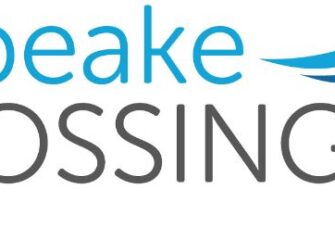
Maryland recently implemented a new 3 percent sales and use tax on data and IT services — covering things like cloud storage, software publishing, data processing, internet publishing, and technical support — aimed at helping close a projected $3 billion budget deficit, with estimated revenue of about $480 million in its first year and roughly $750 million by 2030. While Governor Wes Moore defends the measure as essential for fiscal stability and job growth — claiming a turnaround from deficit to surplus and over 100,000 private-sector jobs added since 2023 — local business leaders, especially small tech and defense subcontractors, warn that the tax could drive firms out of state, raise consumer prices, complicate compliance (due to its reliance on NAICS definitions), and impair Maryland’s competitiveness compared to neighbors like Virginia.
Quoted: “If you’re a small company that provides these services to larger companies and those services would now have to be taxed, you may ultimately see less of a market for the services you provide,” said Maryland Chamber Vice President of Government Affairs Grason Wiggins. Those larger customers “might choose to bring services in house to avoid the 3 percent tax,” he said.




